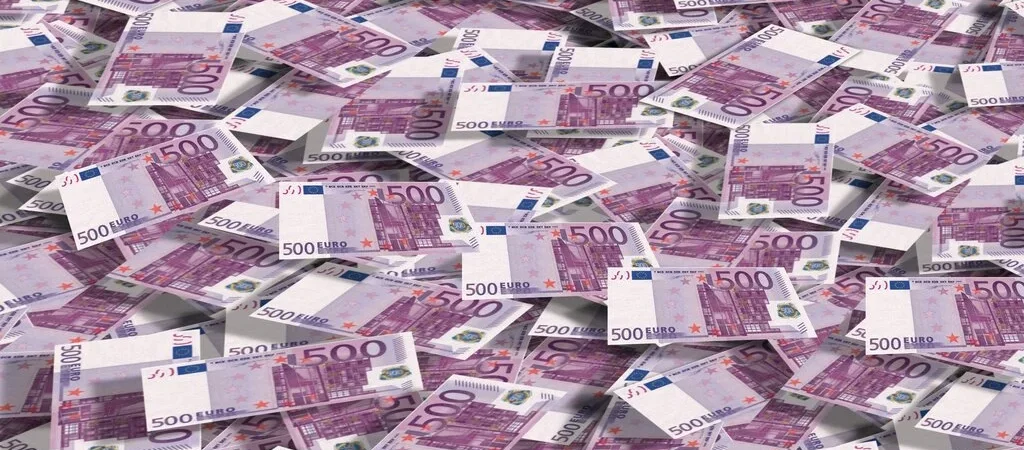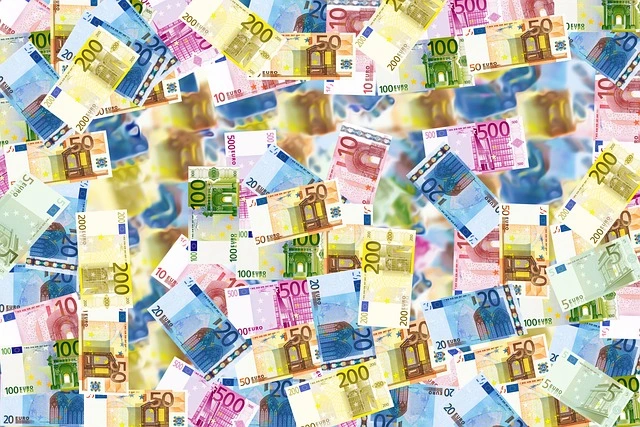A leaked confidential Brussels letter shows Hungary should prepare to lose EUR billions of EU funds
The biggest question is, based on the letter’s content, whether that loss will be temporary or permanent.
At stake is a lot of money, almost 10 percent of the Hungarian GDP. EUR 5.8 billion is in the EU’s stimulus funds to help the country recover from the harm the pandemic caused. An additional EUR 7.5 billion (or even EUR 11.4 billion) is in the development funds that Hungary may lose.
The leaked letter of the European Commission sent on 9 December says that, out of the 13 problems they listed in a 30 November document, only one was fully, and another one partly solved by the Orbán administration by 7 December. Thus, they believe the Hungarian government does not tell the truth when they state they met all the requirements of Brussels so the financial resources should be unlocked.
The EC letter clears that the Commission needs the government to deal with each problem instead of just “ticking them”, portfolio.hu wrote.

Read also Hungary will not get access to EUR billions of EU funds for years
Therefore, the Commission suggested the European Council either to suspend 65-66 percent of the 3 Hungarian operative programs, which would block EUR 7.5 billion, or 100 percent of the programs, which would be EUR 11.4 billion, 52 percent of the overall 2021-2027 EU development allocation. In the latter case, Hungary would have two years to settle its conflict with the EU. Furthermore, the European Commission would like the European Council to forbid asset management funds getting EU money.
Portfolio.hu projects that Germany, France, Italy and the Central European countries will find themselves in a difficult position due to the EC letter. That is because they wanted to decrease the blocked amount of EU money below EUR 7.5 billion. Portfolio regards it as a possible scenario that the European Council will suspend 100 percent of the money in the three operative programs and give two additional years for Hungary to settle its conflict with the EU. In that case, Hungary would have a chance not to lose money.
Meanwhile, the European Council will likely give green light for Hungary’s COVID recovery program. As a result, Budapest may receive at least EUR 5.8 billion soon.

Read alsoHungarian government revealed how it will spend the EUR billions of the EU funds
Source: portfolio.hu
please make a donation here
Hot news
What happened today in Hungary – 26 July, 2024
Drama: number of births in a 20-year low in Hungary
Yay or nay? – 6 odd Hungarian delicacies that make our skin crawl
Budapest tourism “exploded” this past weekend
Container transport in Budapest may stop: How will this affect Hungarian economy?
Minister: Hungary will protect its territory by every means possible




4 Comments
And with good reason
Hungary can thank Orban for the loss. He has gone to far in exacerbating the hand that feeds him.
Time to leave corrupt EU, in the meanwhile veto all proposals. China will help. Hungary is important transportcounyry and has great opportuinities in automotive (Mercedes, BMW, Audi). Vd Leyen will get on her knies
@cor – don’t forget we can also ask Russia! We have a great track record with them.
Don’t know how well we’re doing with China. A lot seems to be under wraps – https://www.politico.eu/article/hungary-seals-chinese-loan-for-budapest-belgrade-railway/ or quizzical – first time I’ve heard a HUF 940 billion investment not being “such a large sum”: https://hungarytoday.hu/fudan-university-budapest-hungary-chinese-university-fudan-student-city-china/ , this assuming the exchange rate does not push up the cost.
In all seriousness – if we leave the EU and cut ourselves off of the common market, how long do you think our “great automotive industry” will last? It was built and being expanded BECAUSE of our geographical proximity to markets (China – not so much), we are part of the Taxation and Customs Union, there is freedom of movement as well as a stable regulatory and political climate (not least of all due to EU influence).